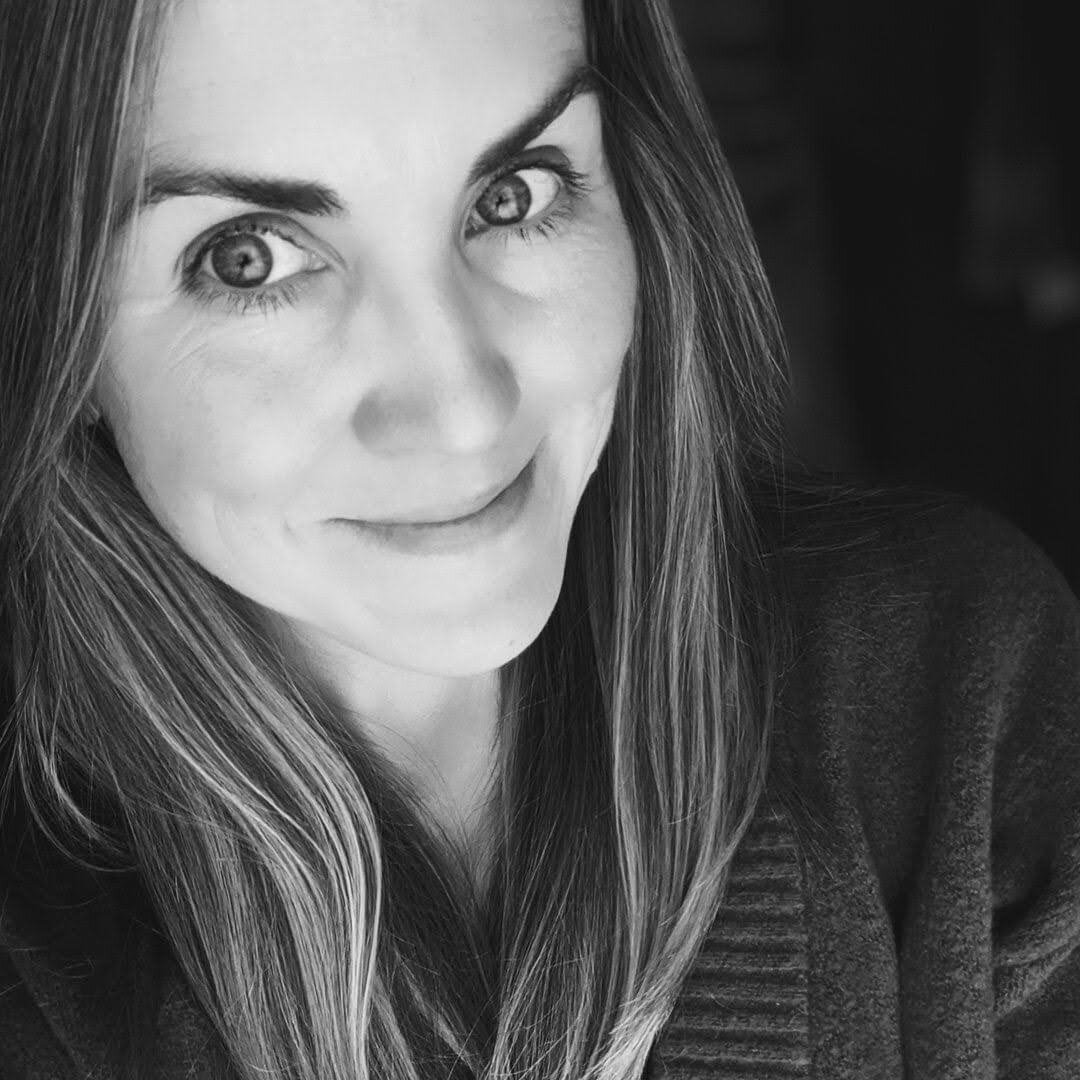joanna manning
Joanna Manning is a graduate of Syracuse University and the Rainier Writing Workshop, where she earned an MFA in creative nonfiction. She has been an Army officer, a college writing instructor, and a few things in between.
Her columns have been featured in the Tacoma News Tribune, and her essays have appeared in Moss, Water~Stone Review, Tahoma Literary Review, The Other Journal: An Intersection of Theology and Culture, and others. Her first book of essays, Now I Understand You, was released in 2022.
This site serves as an archive of her publications and a portfolio of her work in narrative genealogy.
